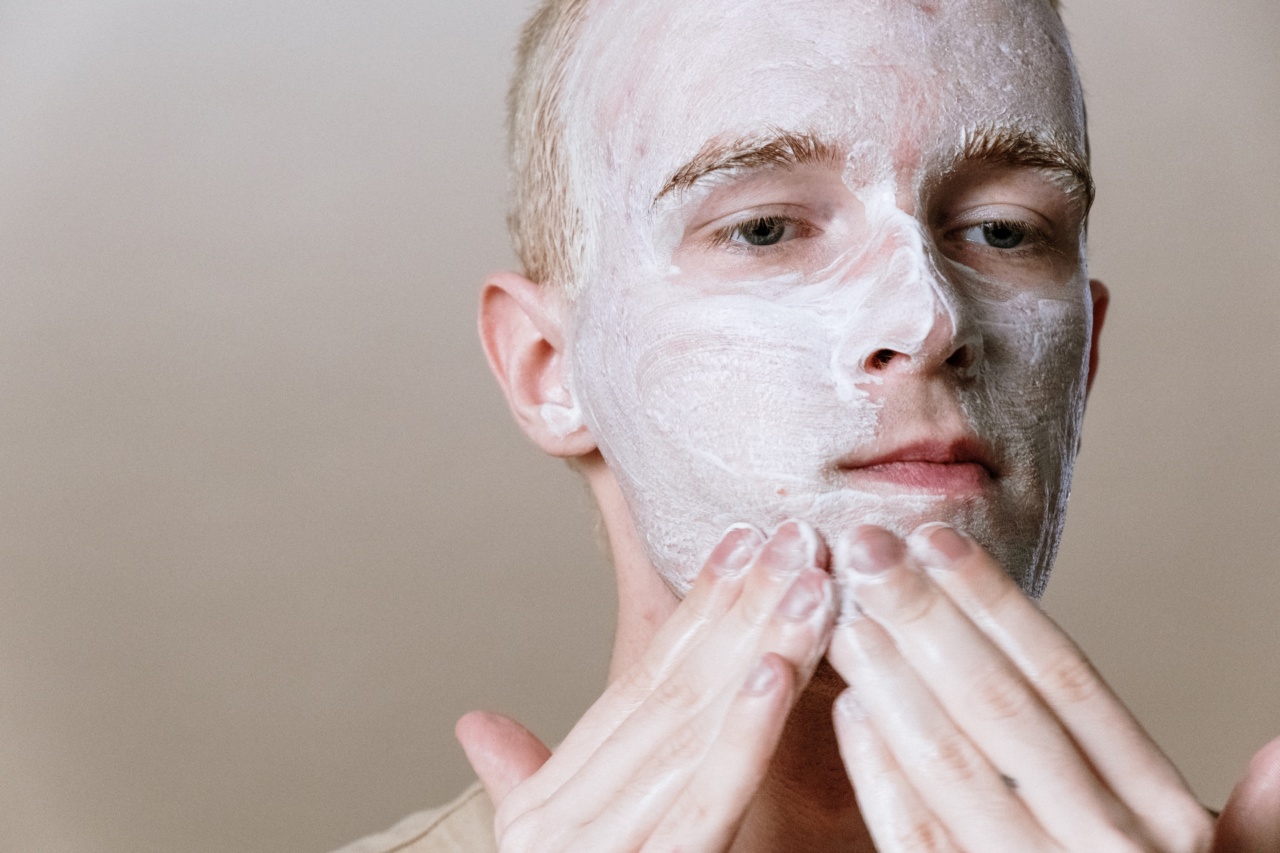Acne is a common skin condition that affects millions of people around the world. It can be frustrating and embarrassing, especially when it seems like nothing you do can clear up your skin.
While there is no one-size-fits-all solution for acne, understanding the factors that contribute to skin breakouts can help you take steps towards achieving clearer, healthier skin.
Hormonal Imbalances
Hormonal imbalances play a significant role in the development of acne. During puberty, both males and females experience an increase in hormones called androgens, which stimulate the sebaceous glands.
These glands produce sebum, an oily substance that can clog the pores and lead to breakouts.
Women may also experience hormonal fluctuations during menstrual cycles, pregnancy, or menopause, which can trigger acne flare-ups.
It is essential to consult with a healthcare professional to address hormonal imbalances and develop an effective treatment plan.
Poor Skincare Routine
A lack of proper skincare can contribute to acne breakouts. Failing to cleanse your face regularly allows dirt, bacteria, and excess oil to accumulate, clogging the pores.
Additionally, using harsh or abrasive cleansers can irritate the skin, leading to inflammation and acne formation.
It is crucial to establish a consistent skincare routine tailored to your skin type. This routine should include gentle cleansing twice daily, exfoliation to remove dead skin cells, and moisturizing to maintain skin hydration.
Using non-comedogenic products that do not clog pores is also beneficial.
Dietary Factors
The food we consume can impact our skin health. Research suggests that high glycemic index (GI) foods, such as refined carbohydrates and sugars, may contribute to acne.
These foods lead to elevated blood sugar levels, triggering a cascade of hormonal responses that increase sebum production.
Dairy products, particularly skim milk, have also been associated with acne breakouts in some individuals. It is believed that hormones and growth factors present in milk can stimulate oil glands and worsen acne symptoms.
While individual responses to specific foods may vary, maintaining a balanced diet rich in fruits, vegetables, lean proteins, and whole grains can support overall skin health.
Stress and Anxiety
Stress and anxiety can wreak havoc on our bodies, including our skin. When we experience stress, our bodies release cortisol, a hormone that stimulates oil production in the skin. This excess oil can clog pores and contribute to acne breakouts.
Furthermore, stress can impair the skin’s natural barrier function, making it more susceptible to inflammation and bacterial overgrowth.
Finding healthy coping mechanisms such as exercise, meditation, or engaging in hobbies can help reduce stress levels and promote clearer skin.
Environmental Factors
Exposure to certain environmental factors can exacerbate acne breakouts. Pollution, humid climates, and excessive sweating can increase the accumulation of dirt and bacteria on the skin, leading to clogged pores and inflammation.
Add to that the use of heavy, pore-clogging cosmetics or irritants like harsh detergents and fabric softeners, and you have a recipe for acne-prone skin.
Minimizing exposure to these environmental triggers and choosing non-comedogenic and hypoallergenic products can help prevent breakouts.
Genetic Predisposition
Genetics play a role in acne development as well. If your parents or close relatives struggled with acne, you may be more prone to experiencing skin breakouts.
While you cannot change your genetic makeup, understanding this predisposition can help you be proactive in managing your skin.
Working with a dermatologist or skincare expert can help you create a personalized treatment plan based on your skin’s unique needs and genetic factors.
Medications and Skincare Products
Some medications and skincare products can contribute to acne breakouts as a side effect. Certain medications, such as corticosteroids or lithium, can alter hormone levels or increase sebum production, leading to acne flare-ups.
Additionally, using comedogenic skincare products or makeup can clog pores and worsen existing acne. It is crucial to read product labels and choose non-comedogenic, oil-free, and fragrance-free options, especially when dealing with acne-prone skin.
Poor Lifestyle Habits
Unhealthy lifestyle habits can indirectly affect skin health and contribute to acne breakouts. Lack of sleep, inadequate hydration, and smoking can all impact the appearance and condition of your skin.
When we don’t get enough sleep, our bodies produce more cortisol, which, as mentioned before, can lead to increased oil production and breakouts.
Maintaining proper hydration is essential for overall skin health, as it helps flush out toxins and keep the skin adequately moisturized.
Smoking, on the other hand, damages the skin’s collagen and elastin fibers, making it more prone to breakouts and other skin issues.
By adopting healthy lifestyle habits, you can support your skin’s natural rejuvenation processes and reduce the likelihood of acne breakouts.
Conclusion
Acne is a multifactorial condition influenced by various internal and external factors.
Hormonal imbalances, poor skincare routines, dietary factors, stress, environmental triggers, genetic predisposition, medications, and lifestyle habits can all contribute to the development and persistence of acne breakouts.
Understanding these factors and their impact on your skin can empower you to make informed decisions in managing and preventing acne.
It is important to remember that what works for one person may not work for another, so finding a personalized approach with the guidance of skincare professionals is crucial.
Take charge of your skin health and embrace a holistic approach that addresses not only the external symptoms but also the underlying factors that contribute to acne breakouts.
With patience, consistency, and the right strategies, you can achieve clearer, healthier skin.































